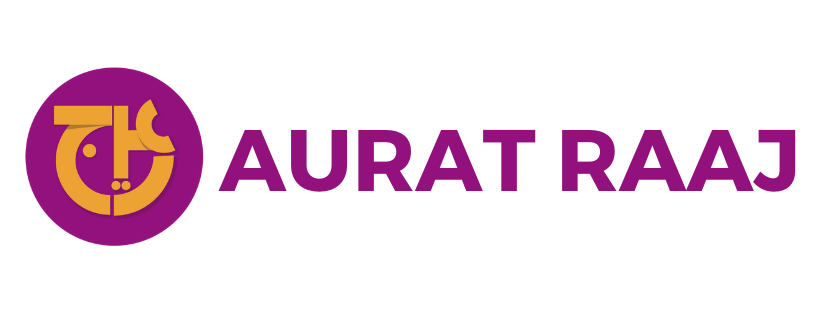
This logo isn't an ad or affiliate link. It's an organization that shares in our mission, and empowered the authors to share their insights in Byte form.
Rumie vets Bytes for compliance with our
Standards.
The organization is responsible for the completeness and reliability of the content.
Learn more
about how Rumie works with partners.
Every person holds a fundamental dignity and value worth acknowledging!
Human rights are basic standards of life intrinsic to every person. This means everyone has a number of rights from birth till death simply because they're human.
The principles of human rights combine to form a framework to protect core human values, guaranteeing fairness and equality that are inalienable — which means they can't be taken away under any circumstances.
But did you know that before the formal enactment of the Universal Declaration of Human Rights document by the United Nations in 1948, only certain people enjoyed the privilege of possessing social, legal, and ethical freedom?
 Photo by Priscilla Du Preez on Unsplash
Photo by Priscilla Du Preez on UnsplashThis was when most societies practiced segregation policies that divided social structures into different classes. People were subjected to discrimination based on their race, color, gender, religion, language, and economic status. Only a certain group of people were allowed to enjoy all these liberties because of this discrimination.

This led to a need for establishing a charter that advocated basic human rights of freedom, equality, and dignity for every individual. The Declaration acts as a powerful tool in the fight against oppression.
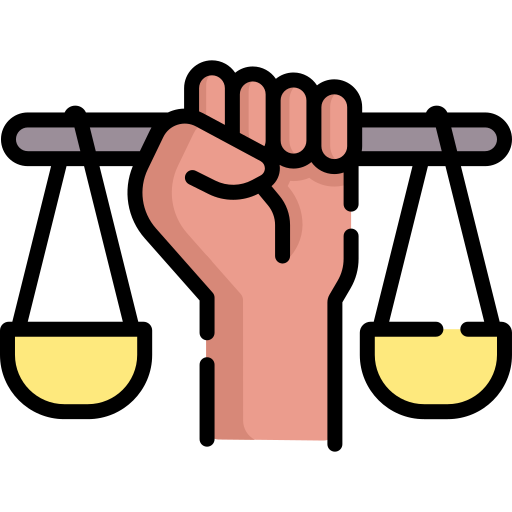
Did you know?
What is the Declaration of Universal Human Rights?
Framed by the UN following the atrocities of the Second World War, the Universal Declaration of Human Rights was created to ensure guaranteed rights to every person around the globe.
With nearly 30 articles, theDeclaration of Human Rights became a milestone in the history of humanity because, for the first time, a globally agreed document marked all people as "free". This included the right to liberty, safety, health, and education to name a few. A more detailed reading of the Declaration can be found here.
Since the Declaration's founding, these rights have significantly expanded their reach. At present, they're constantly evolving and influencing various spheres of dialogue, social movements, and progressive activist campaigns.
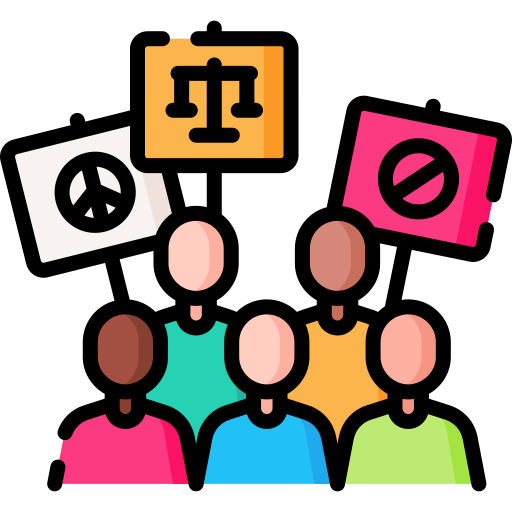
Quiz
How can basic human rights be defined?
Fundamental Human Rights as defined in the UDHR are basic standards of life to which all human are entitled simply because they are human.
Did you know?
Do young people have these rights?
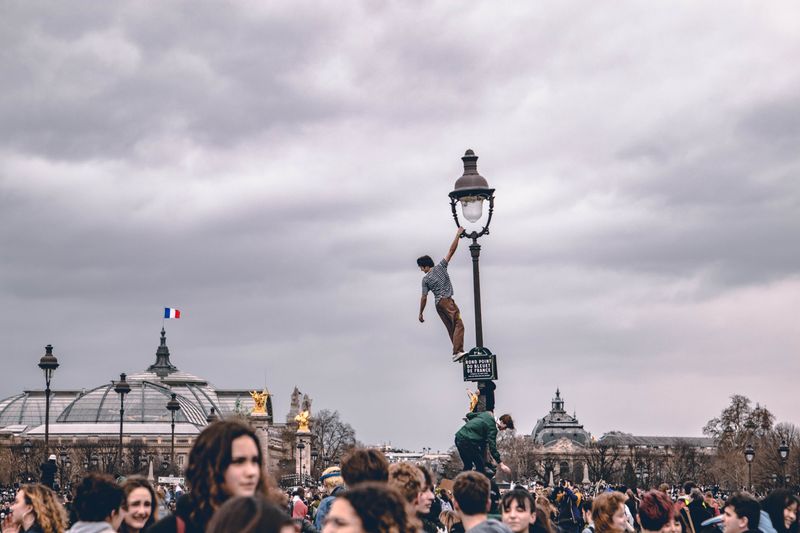 Photo by Harrison Moore on Unsplash
Photo by Harrison Moore on UnsplashOf course! This framework applies to young people just as it applies to everyone else.
However, young people often face discrimination. Many are denied their core right to freedom simply because adolescents need constant parental or adult guidance, especially below the age of 18.
Some of the most common discrepancies that both adolescents and youth face include:
inequality
child abuse
lack of healthcare
denial of education
Young people have always proved to be major drivers of social, political, and economic change. Therefore, it's important that the youth of society are actively engaged in societal development programs that cater to non-discrimination, marginalized communities, gender equality, and education.
It goes without saying that a true partnership between young people and adults — where each party owns the right to put forth their opinions and decisions — is bound to add more value to all social awareness campaigns that advocate equality and rights for all.
Quiz
Marvi and Ahmed live with their parents in a village. Their father lost his job and he decided that Marvi will no longer attend school. Her brother Ahmed is encouraged to continue studying. Which rights are are being denied to Marvi?
Both Marvi and Ahmed are children who must be treated equally despite their gender differences. Both children must be granted equal rights to education, and the right to choose and make decisions for themselves.
How do human rights influence society?
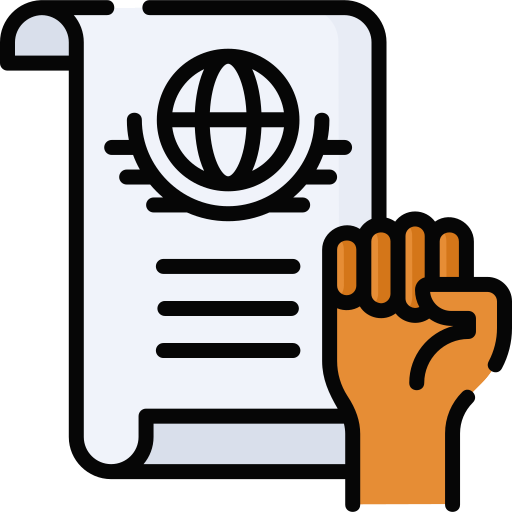
Human rights influence society in the following ways:
Human rights ensure that a person's most basic needs are met. This can mean ensuring that all people have access to clean water, food, medication, and shelter.
They instill a moral and ethical obligation in mass mindsets that promotes communal care.
Within youth, being aware of fundamental rights encourages the masses to express themselves, encouraging speech.
They help everyone practice freedom, religion, and rational social conduct.
It is with these rights that the masses can hold governments accountable in case they fail to fulfill their obligations, and oust state actors who fall astray.
Abuse and violations of the Declaration have become prevalent. However, this doesn't mean that the Declaration is no longer valid or that these rights can be taken away.
A person's fundamental and core human rights can't be taken away even in the most appalling circumstances.
In fact, it's a chain reaction — a nexus between the well-informed young people and the uninformed masses — which is the prime reason why our society is so susceptible to any encroachments in the human rights sphere.
Who is responsible for protecting these rights?
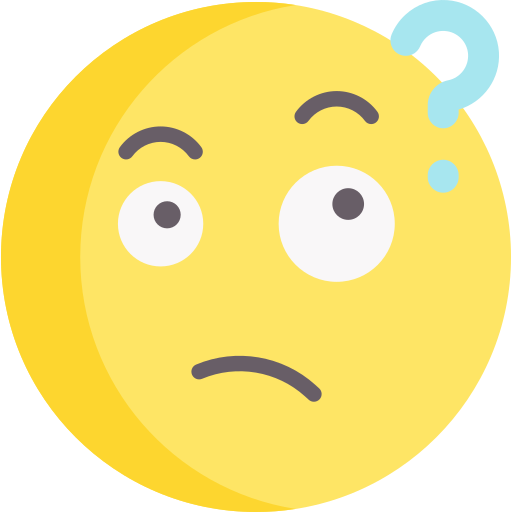
We all are! Although legislation is enacted both at national and international levels to direct governments on how to protect the basic human rights of each citizen, if no one points out the violations of the Declaration, we as individuals need to reach out to the factions in need.
Point out the rights that you see being violated.
Claim your rights! Make your stance firm and communicate to the person why you should be treated in this way.
If you feel or see a situation deteriorate, consult a lawyer or lawmaker for all possible ways to stop the infringement.
Seek third-person advice and make sure the perpetrator knows that you won't be giving up so easily.
Agencies that work for social causes and human rights protection play their role in safeguarding the rights of children and others in need, laying special emphasis on protecting young girls and women at risk.

Take Action

This Byte has been authored by
Saba Khalid
Founder & CEO at Aurat Raaj
Irum Ansari
Social & Public Policy Researcher